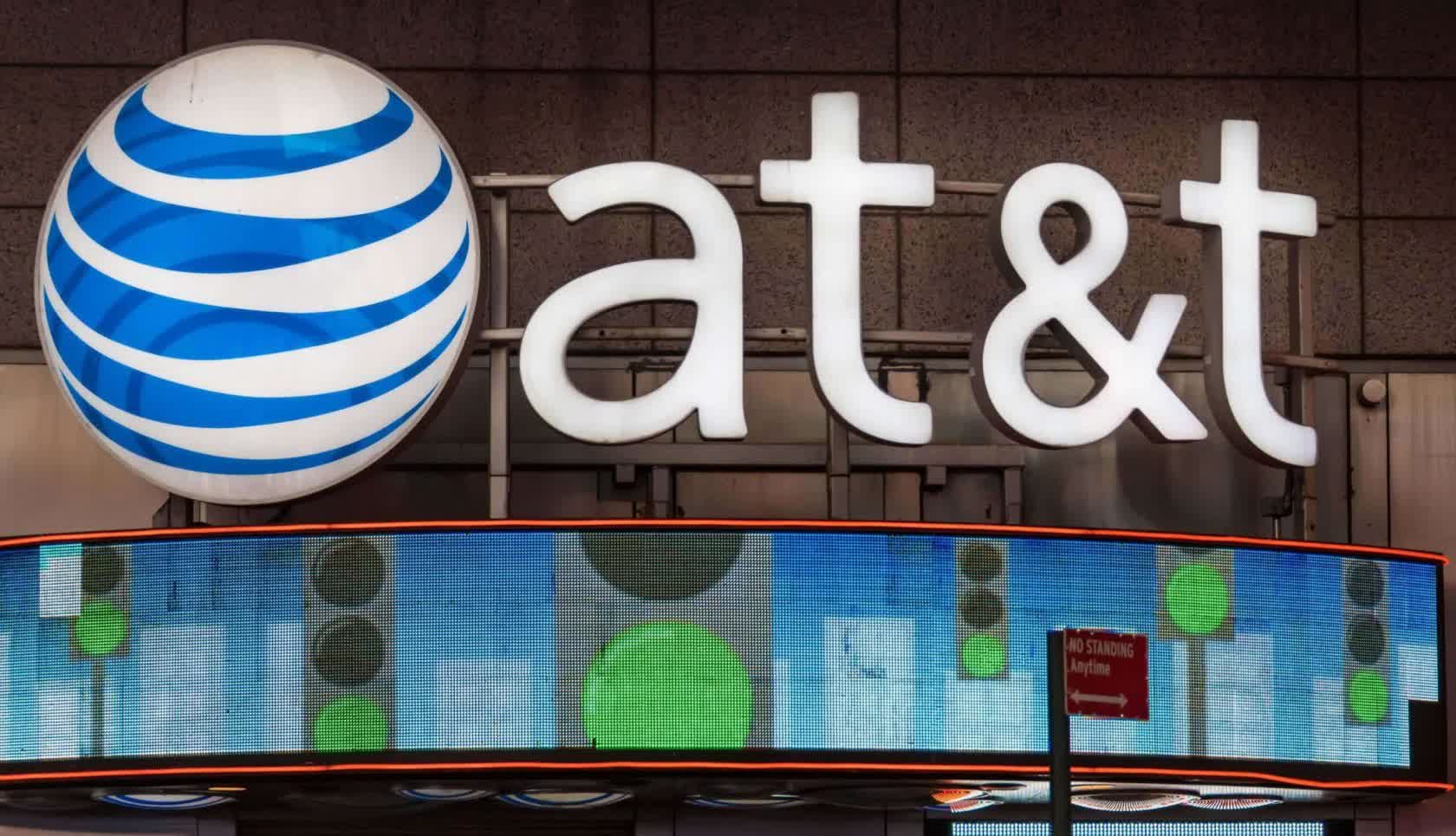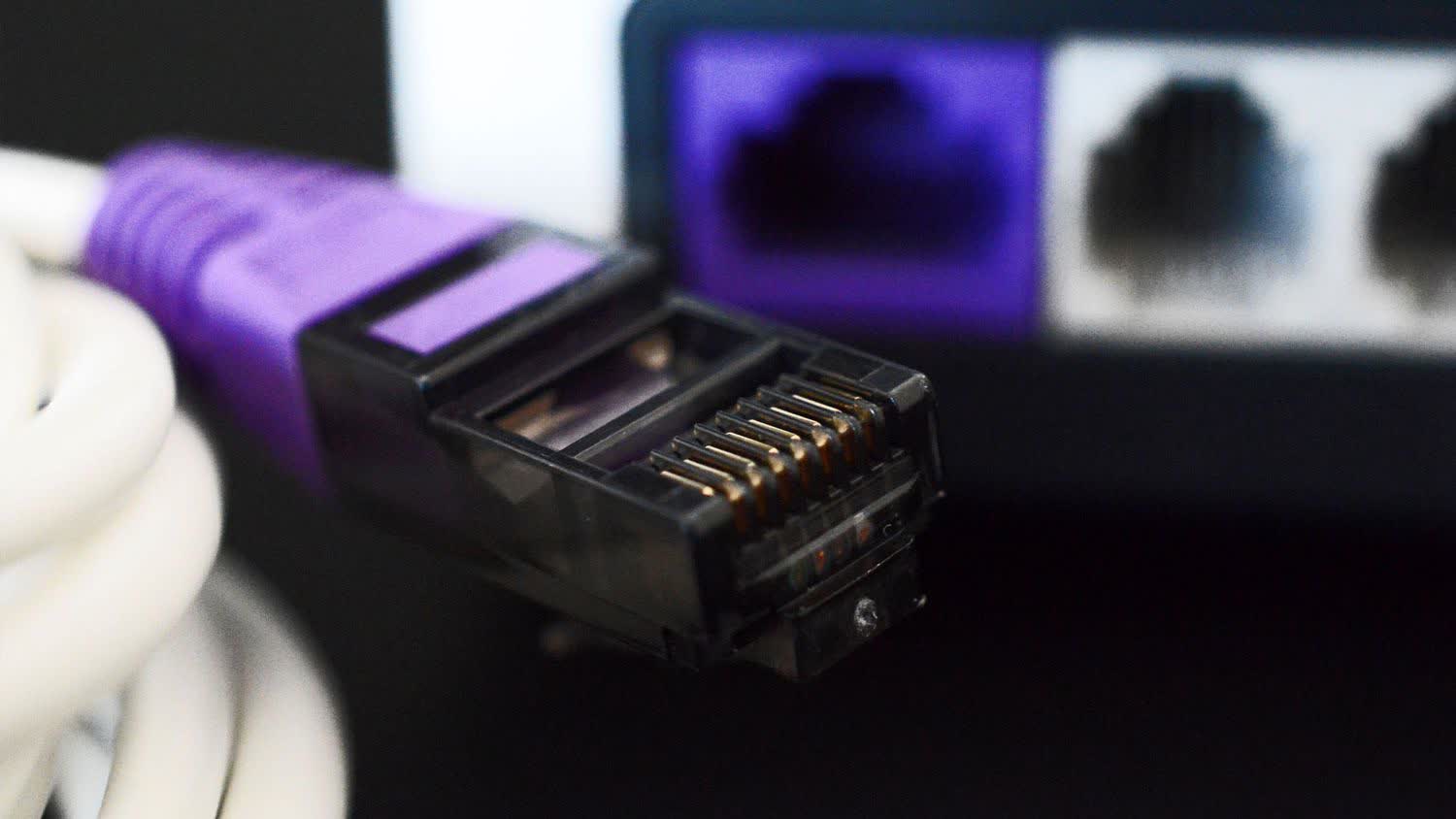In brief: For many Americans, 768kbps DSL remains the only Internet offer on the table. And in case you had any doubt, this historic connection speed is incapable of coping with the Internet of 2020. As such, for these customers, working and learning from home has been nigh on impossible.
While many of us have the luxury of high-speed Internet, some aren't so lucky. Ars Technica puts the spotlight on Kathie McNamee of Raymond, Mississippi, who was told when she bought her home that her family could get U-verse Internet service of 5Mbps. Instead, because of old infrastructure, the McNamee family are stuck with 768kbps DSL – a connection which, on most days, is rarely usable.
This makes even the simplest of tasks, like web browsing and email, impossible for the family. At the weekend, Kathy's husband often makes a 50-mile journey to his office in order to complete a few computer tasks. Her teenage sons will spend the day with their older sister, in Madison County, to complete and submit school assignments. And don't even mention streaming services like Netflix. The family instead pay some $250 per month for the AT&T-owned DirecTV's satellite video service.
Cellular hotspot sometimes works, allowing the family to tether to a smartphone's mobile data connection, but the conditions have to be just right. "It has to be crystal clear outside, no rain, no wind, no anything," Kathie explained.
Since 2015, AT&T has received more than $283 million from the FCC to improve home Internet connections in Mississippi, but mapping errors have resulted in some families – Kathie's included – not getting the service they'd hoped for. Although AT&T maps originally indicated that Kathie's home would qualify for faster Internet, these maps have since been changed.

On top of that, AT&T recently confirmed that it's no longer offering DSL to new customers. If Kathie sold her house, this could mean the buyers wouldn't be able to sign-up for Internet at all.
The Communications Workers of America (CWA), a union which supports AT&T employees, and consumer-advocacy groups such as Public Knowledge are calling on the FCC to investigate AT&T's handling of legacy DSL networks. "Without further investigation by the Commission, it is impossible to know with certainty how many of these households will have no other fixed, terrestrial broadband connection once AT&T shuts off its DSL network," the group said in an October filing.
For now, families like Kathie's aren't sure what the future holds. The only thing worse than slow Internet is no Internet at all.
